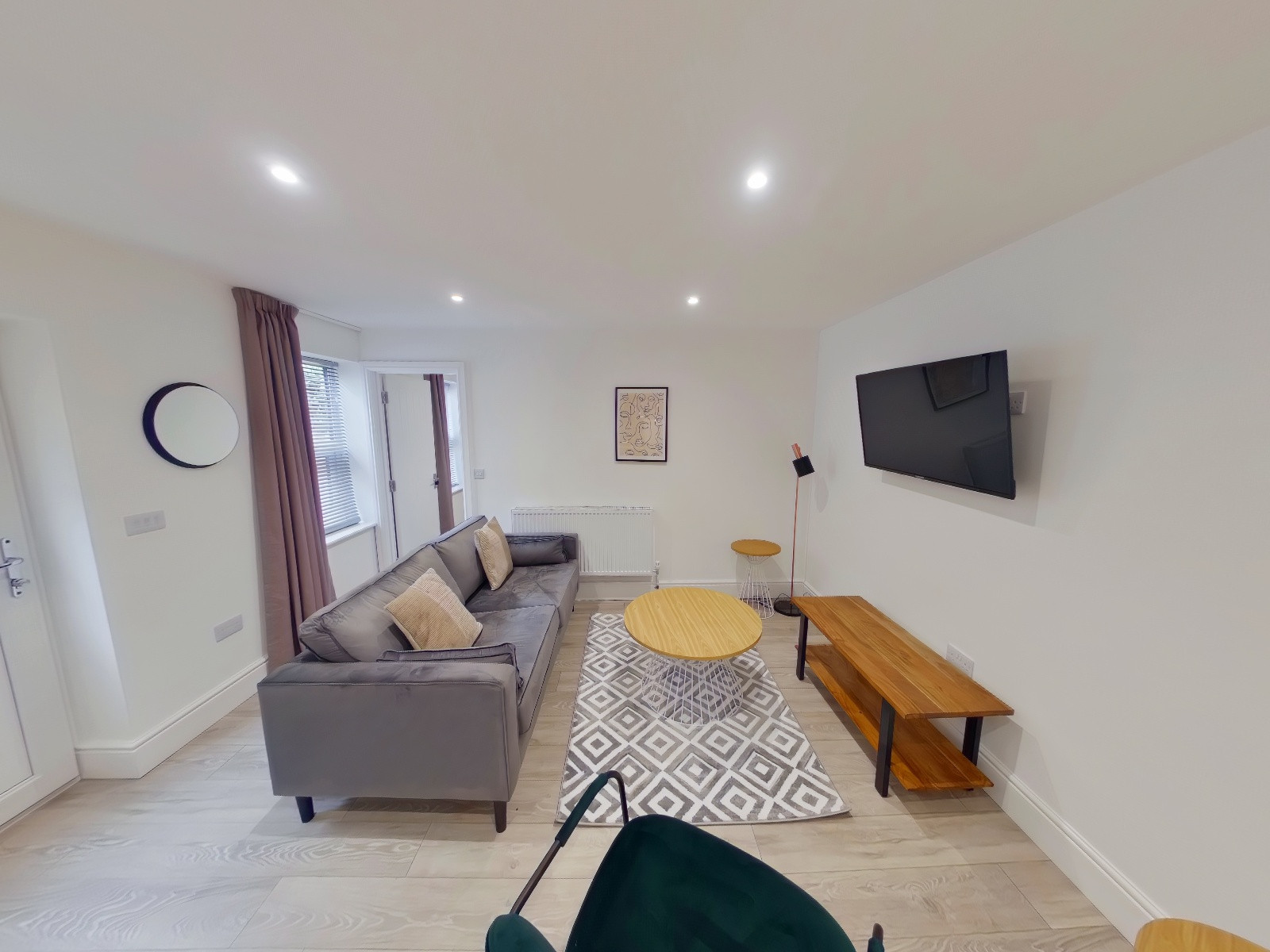4 Things to Consider Before Doing a Masters degree

A special guest post from The Grad Hub founder & CEO
You’ve just finished your degree and you’re thinking ‘what’s next’… There are so many options to consider. Do you go into a job? Go travelling? Move back home with the parents and enjoy doing nothing after three-four years of studying? Or do you continue your education with a Masters degree?
With 27% of businesses reducing the number of graduates they recruit this year (2020) due to COVID-19, it’s very easy for you to consider jumping right back into another year or studying with a Masters degree.
Before you decide on continuing your education, here are four things you should consider:

1. Do you have the funds?
The cost of doing a Masters degree really depends on the university of choice. On average an MA could cost approximately £8,000 whereas an MBA could cost you £19,000, with the University of Cambridge charging £57,000 to do an MBA for the class of 2020/21. These are just fees for the degree itself, you should also consider living costs and other study expenses.
You no longer have the luxury of student finance, however the UK Government do have a Postgraduate Master’s Loan, which can help towards course fees and living costs. You can receive up to £11,222 if your course starts after the 1 August 2020 and you only need to start paying it back when your income is over £1,750 a month (before tax and other deductions).
If you go down the route of doing a Masters, you should consider getting a part-time job whilst you’re doing your degree to help pay the course fees, alternatively you could look into the many charities and grants available to help. Have a look at The Alternative Guide to Postgraduate Funding as they provide a variety of sources and support.

2. Don’t jump into it
Have you really thought about it fully? You’ve just finished 3-4 years of studying; do you honestly want to continue studying or do you just not want to leave university? Have you considered taking a year’s break from studying, saving a penny or two before going back into education? Going straight into another course without fully thinking it through can be a costly mistake, especially if you decide to drop out halfway through.
A Master’s degree is usually 12 months of blood, sweat and tears. You will be spending hours with your head back in the books, on top of probably having a job to pay for the Master’s. You will be expected to be passionate about the course and be fully involved, so, if you haven’t had a real think about it, take a step back and create a pros and cons list for jumping straight back into yet another year of studying.

What are the benefits?
Have you ever thought about what you are likely to gain from doing a Masters degree? Be honest about it. You’re most likely to gain life skills, knowledge and a higher paid job, but what will you lose from these gains. Money, time, energy and your health. Doing a Masters degree has its highs and lows and you will be put out of your comfort zone, but it will surely give you the determination to keep going and reach your full potential.
I know I mentioned money as something you will lose, but on the plus side, when you complete your Masters degree, you are more likely to go into a job that pays that much higher than someone with an undergraduate degree. You will also be able to apply for higher skilled jobs. Employers recognise the value of having a Masters degree and your CV is more likely to be put at the top of the pile when it comes to interviews.
Research all your options
Before you apply to any Masters course, you should research everything thoroughly. Many universities set specific deadlines for applying to do a Masters, whilst others accept applications throughout the year. But you should be aware that some providers accept applicants on a first come first served basis.
You should consider applying as early as possible for a course as many funding options would like you to be accepted onto a course before they part with their money. Funding deadlines for courses starting in September tend to fall between January and March, so research the options available for you before applying.

When applying, generally you will apply directly to the university. However, UCAS postgraduate also offer their platform for you to apply directly through, similar to how you would have applied for your undergraduate degree.
Whatever course you decide to do, you will surely be challenged above and beyond the days of an undergraduate degree. So, research the course thoroughly. Is it definitely the course for you? What will you be able to do with the Masters degree once completed? Does it suit your skills? Start answering these questions and you will be in a better mindset to make an informed decision about your future self.
Whatever you do next, The Grad Hub is here to help you through university and into a career. Good luck.

About the author
Rohan graduated with a BA Dual Honours Law and Business Admin (Marketing) Degree from Keele University in 2001. Rohan is currently the Director of Marketing at Staffing Industry Analysts the global advisor on staffing and workforce solutions, where he is responsible for growing the presence of SIA globally through the promotion of research, award-winning content, data, support tools, publications, and executive conferences and webinars.
In 2018 Rohan founded The Grad Hub, an online marketplace and job site for UK students. Through The Grad Hub, Rohan provides students with advice to help them through university and into a career.
Have a read of Rohan’s story here.
Find your dream home.
If you are stressed out by the upcoming rental season that is fast approaching then don't worry, the HYBR team are here to help. Get in touch if you have any questions or concerns. We can guide you through the process and ensure you don't go through it alone.









